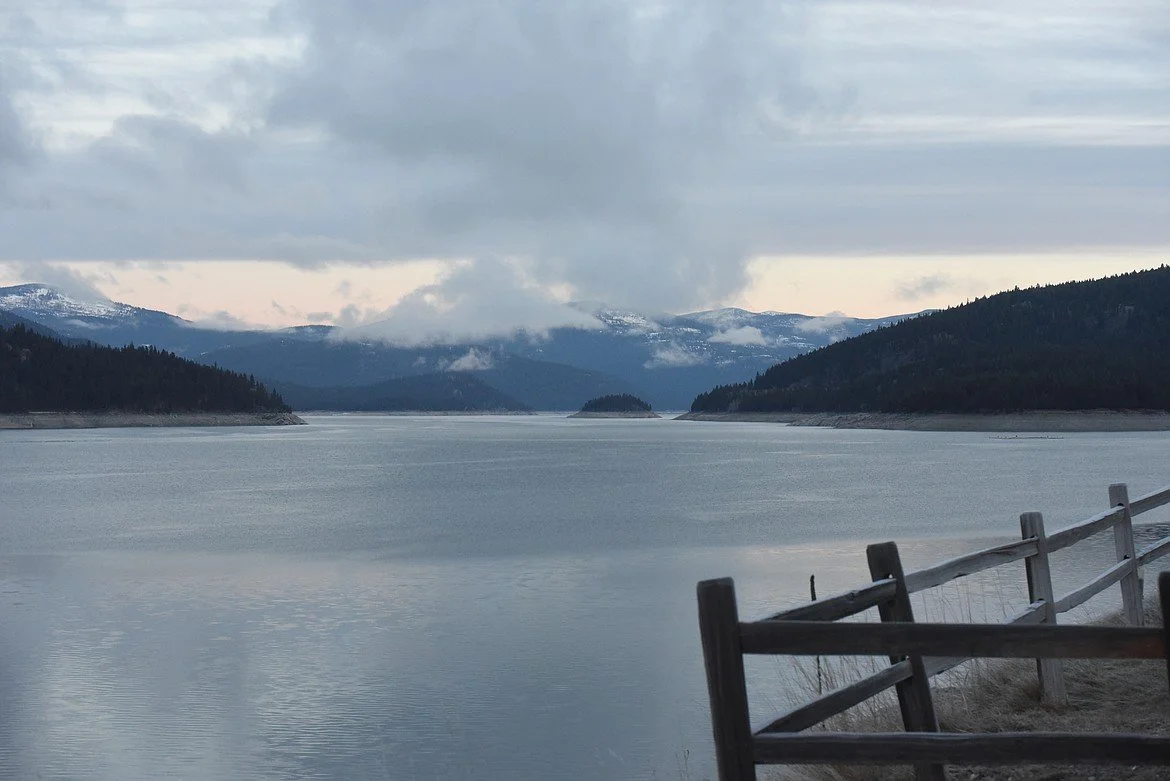Provincial opposition to a proposed investigation of Kootenay watershed pollution may have dashed initial federal support for the review, based on a trove of documents recently released through freedom of information disclosure by the Ktunaxa Nation Council. The documents show correspondence between the provincial and federal governments related to potential participation in the International Joint Commission, which adjudicates transboundary water issues between Canada and the United States and provides resolution recommendations to disputes.
Canadian Coal Mine Ramps Up Efforts to Challenge Montana Water Quality Standard
An entourage of Canadian coal mining executives pressed into the Lincoln County commissioners’ conference room last week to deliver promising news for Lake Koocanusa, the 80-mile long reservoir that straddles the U.S.-Canada border in Montana and British Columbia, and which has been at the center of both statewide and international efforts to reduce transboundary environmental pollution for more than a decade. “Selenium levels in the Koocanusa Reservoir are safe,” according to a PowerPoint slide summarizing a March 30 presentation by representatives of the global mining company Teck Resources, who made the trip to Libby to deliver the news in person.
Teck opens third B.C. water treatment plant
British Columbia-based Teck Resources Ltd. announced Friday that a third water treatment plant is operational for the coal giant to treat selenium in the upper Fording River of Canada. The new facility has a daily capacity of treating up to about 5.3 million gallons of water. The company said its water treatment operations remove some 95 percent of selenium and nitrate from waters treated in the Elk Valley.
As mining waste leaches into B.C. waters, experts worry new rules will be too little, too late
Teck Coal was ordered to pay a record $60 million fine this year for polluting waterways in the Elk Valley, but despite the penalty, contaminants continue to leach from piles of waste rock at the company’s mines — and the clock is ticking on new federal regulations that observers say are long overdue. “Leadership is desperately needed in this watershed from the Canadian federal government,” said Erin Sexton, a University of Montana biologist.
Coal company Teck fined $60M for contaminating rivers in southeastern B.C.
A Canadian coal-mining company faces the largest fine imposed under the Fisheries Act after pleading guilty to contaminating waterways in southeastern British Columbia. Teck Coal, a subsidiary of Teck Resources, is to pay $60 million after a judge on Friday agreed to a joint submission from Environment Canada and the company. "Teck did not exercise all due diligence to prevent the deposit of coal mine waste rock leachate into the Fording River from settling ponds," federal prosecutor Alexander Clarkson, reading from an agreed statement of facts, said in B.C. provincial court.






